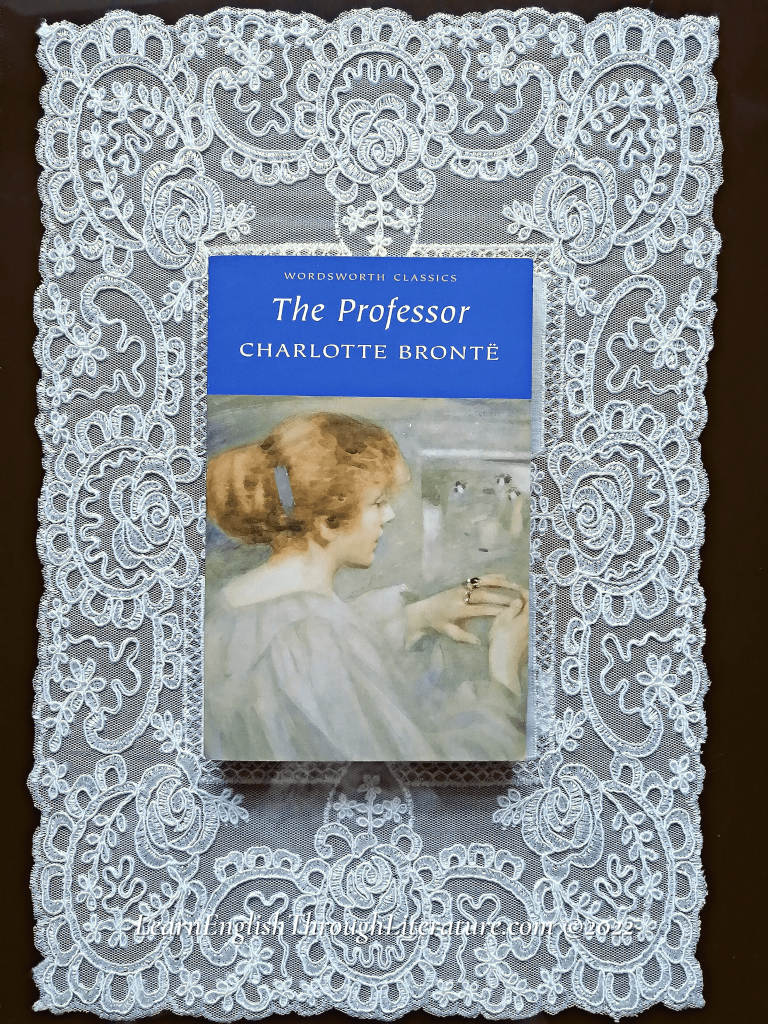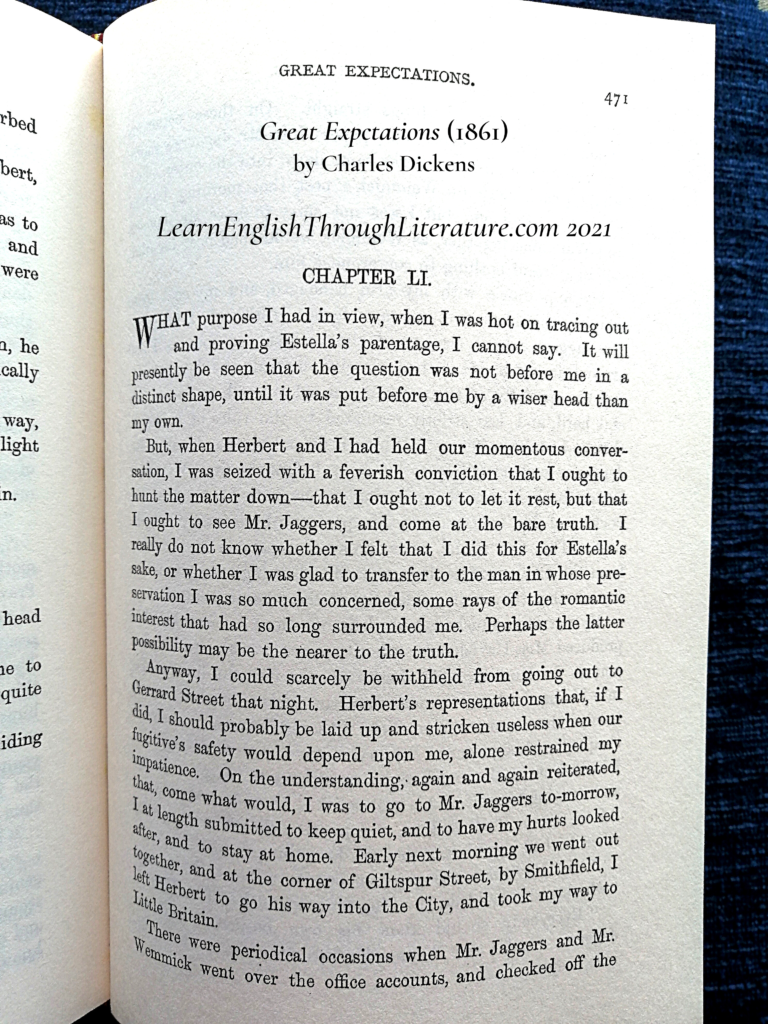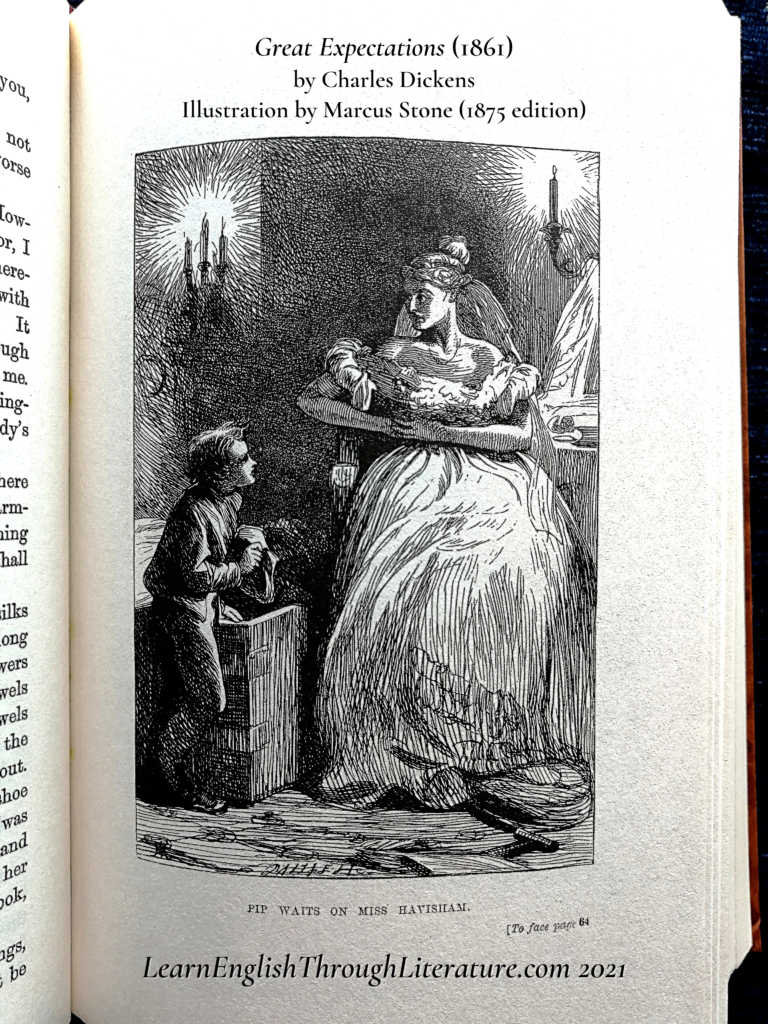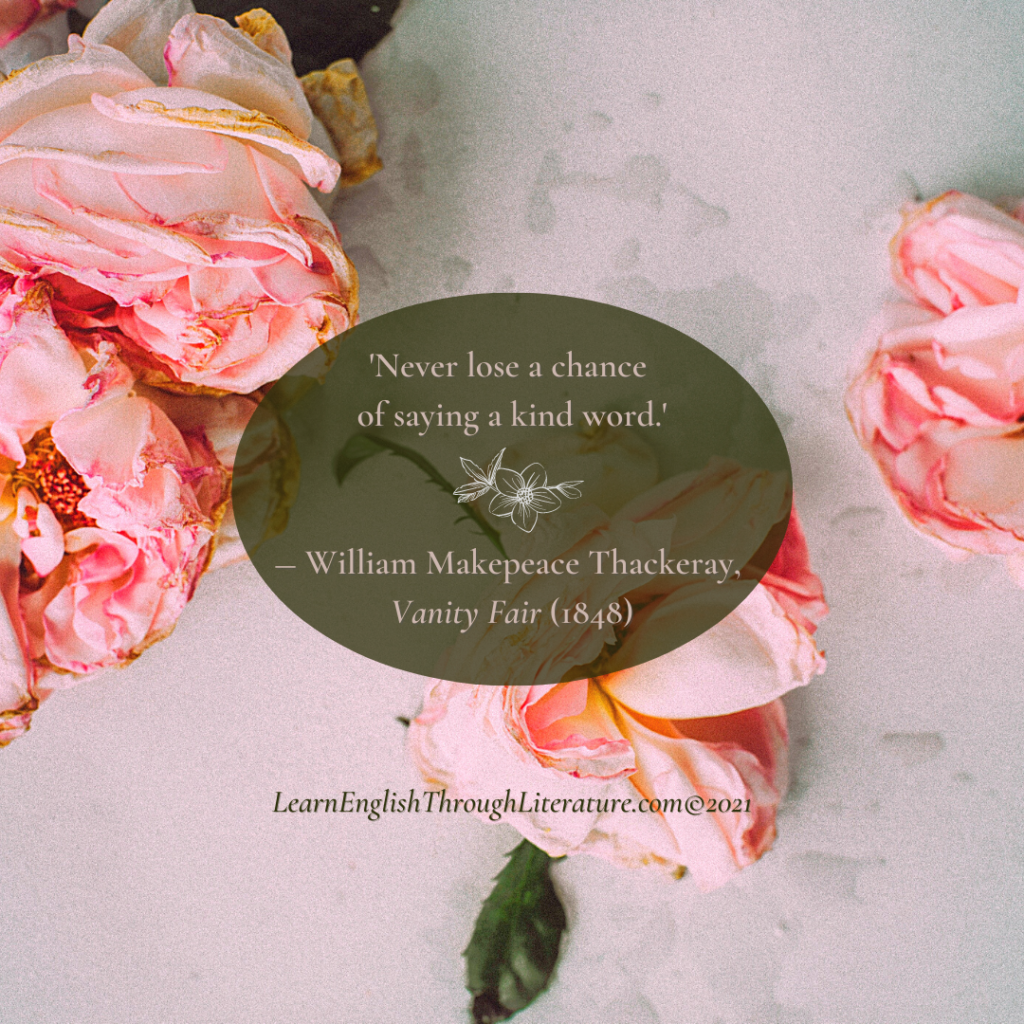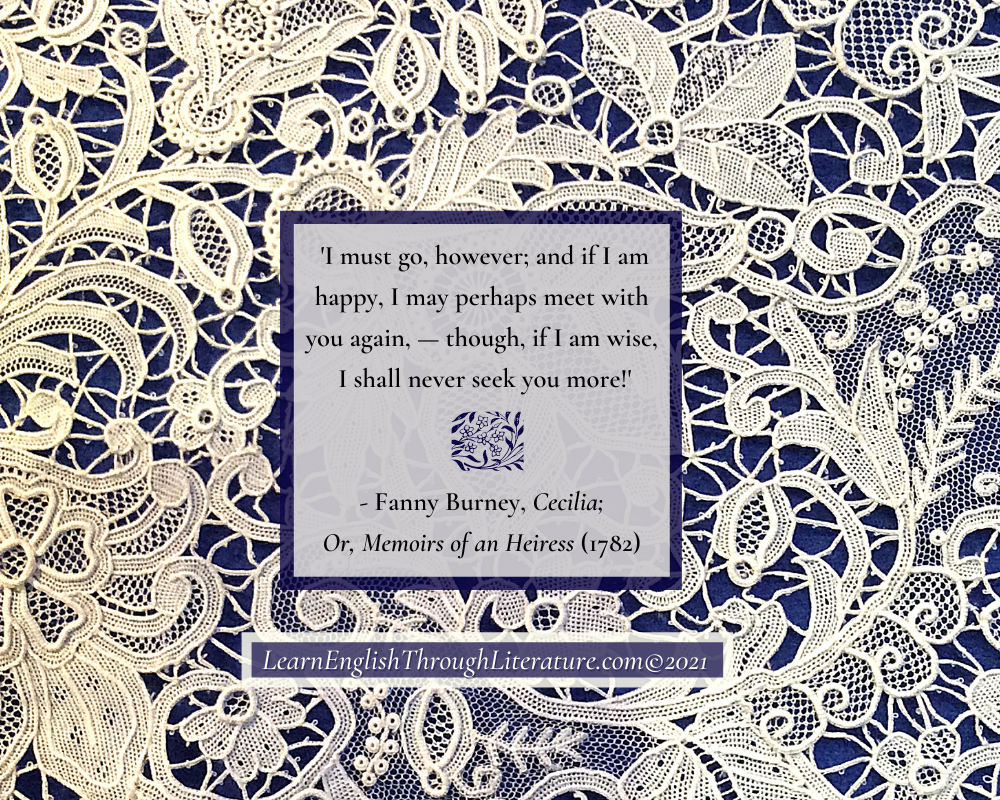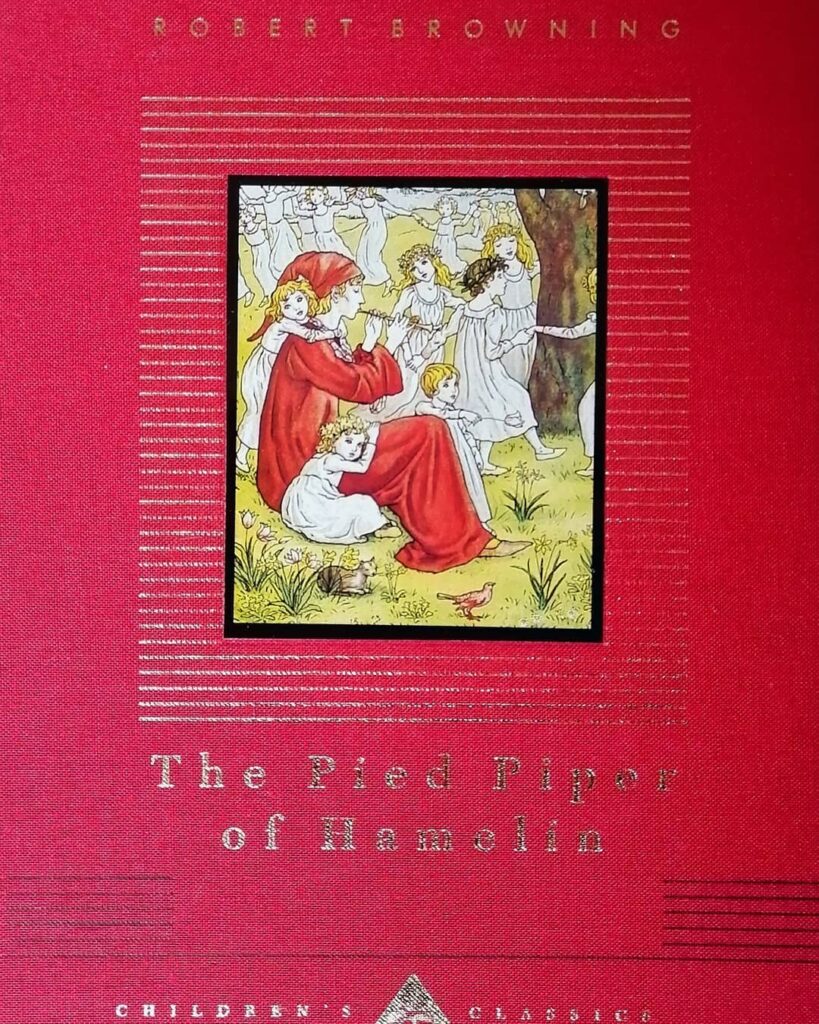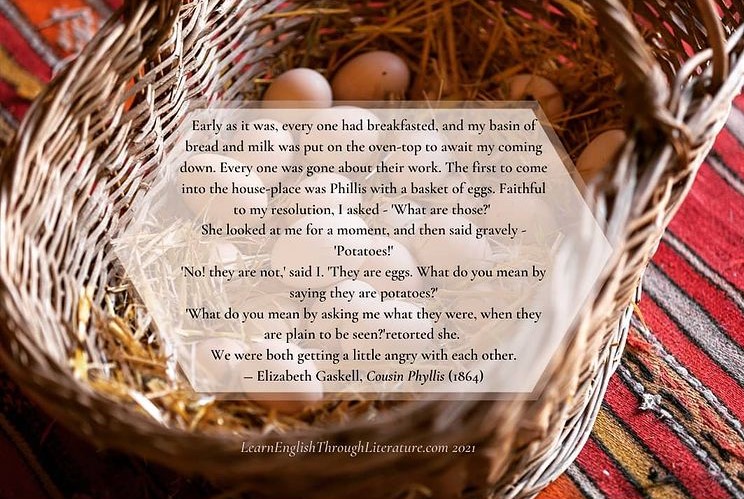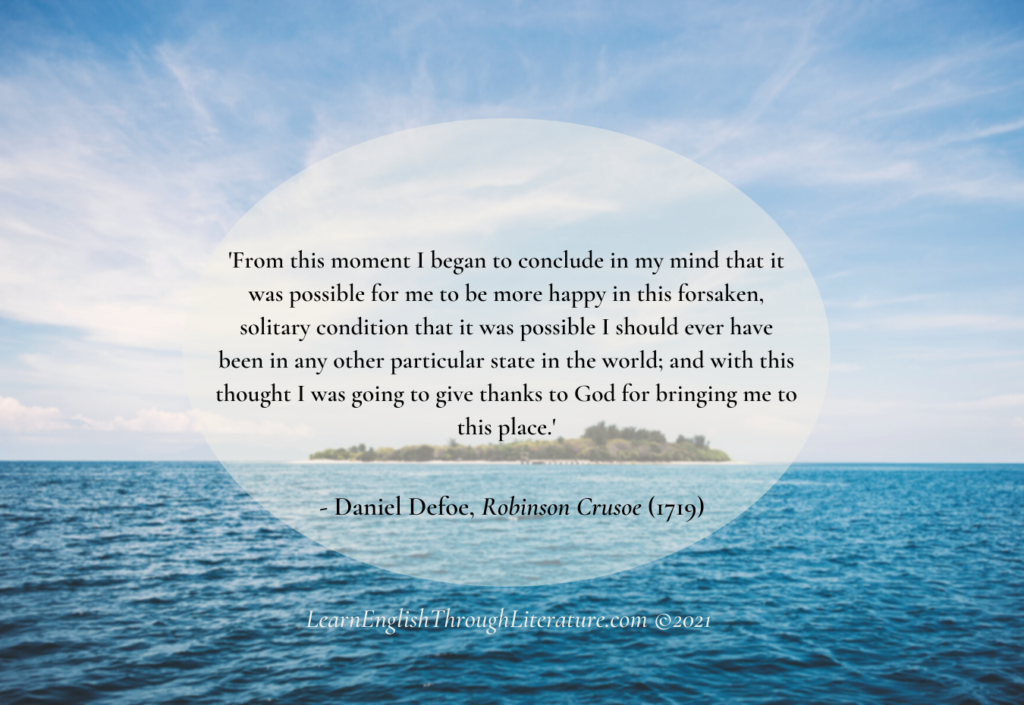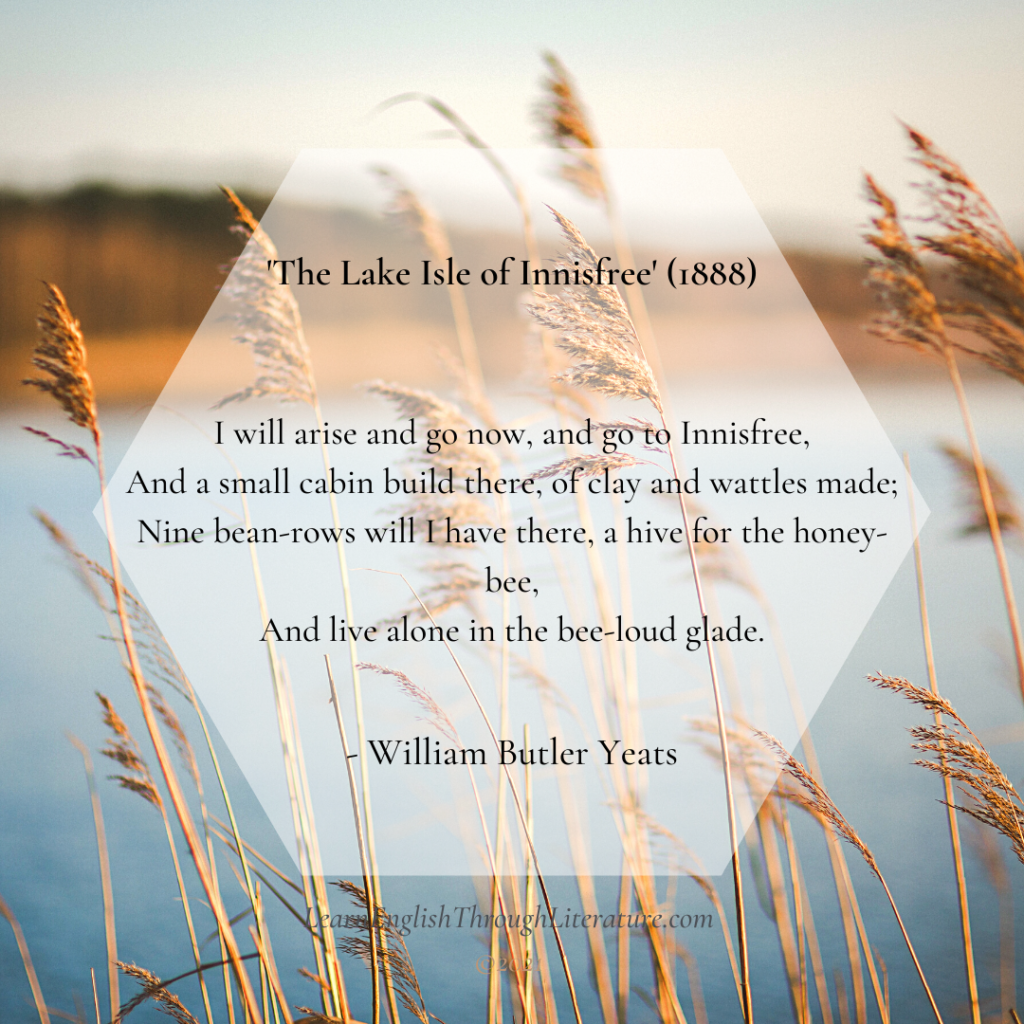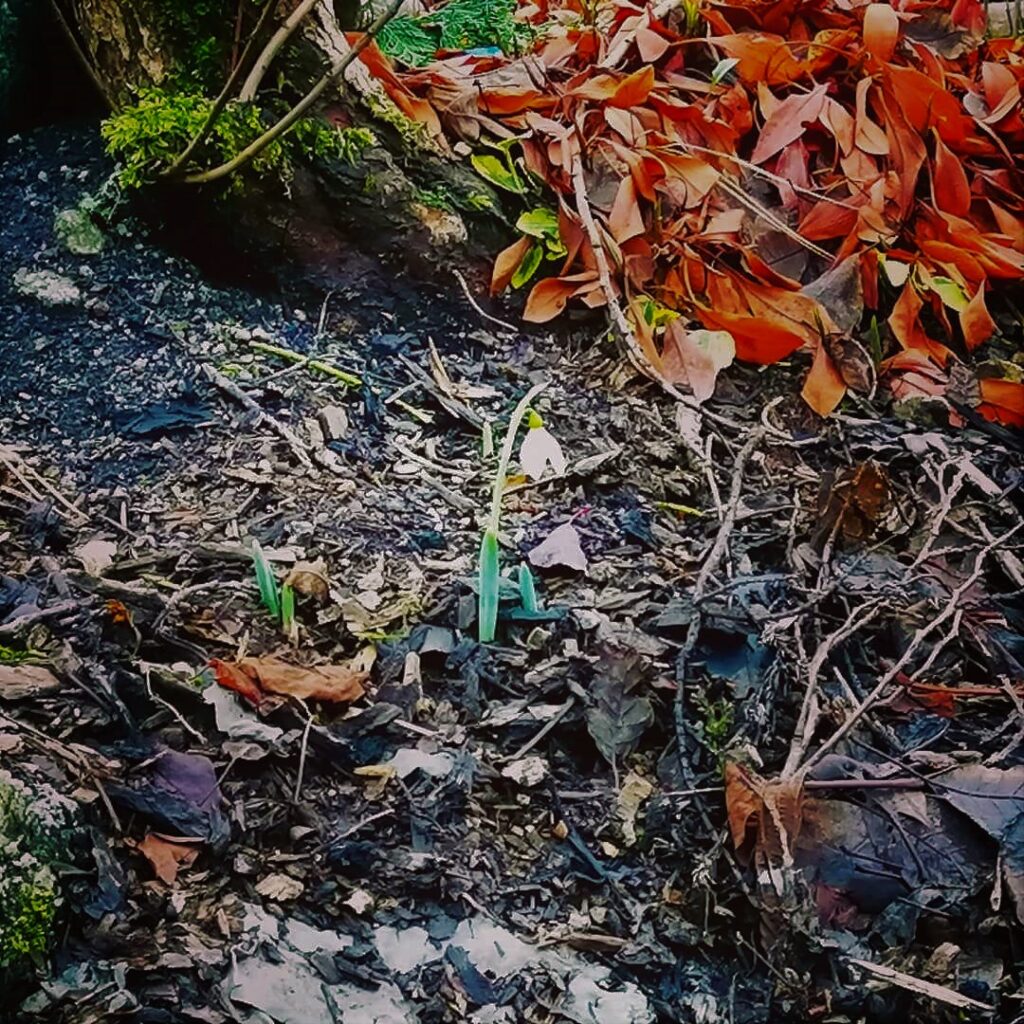Lesson #284: ‘That Skill In Living Languages’ – Charlotte Bronte on Teaching and Studying Foreign Languages (‘The Professor’)
In light of the ongoing war and widespread migration of many people throughout Europe, many of us are reconsidering what languages we are studying and why. In what way does having another language help you? 💭 Practically speaking, it can help us to find a job, secure accommodation, make friends and even communicate with strangers. […]

